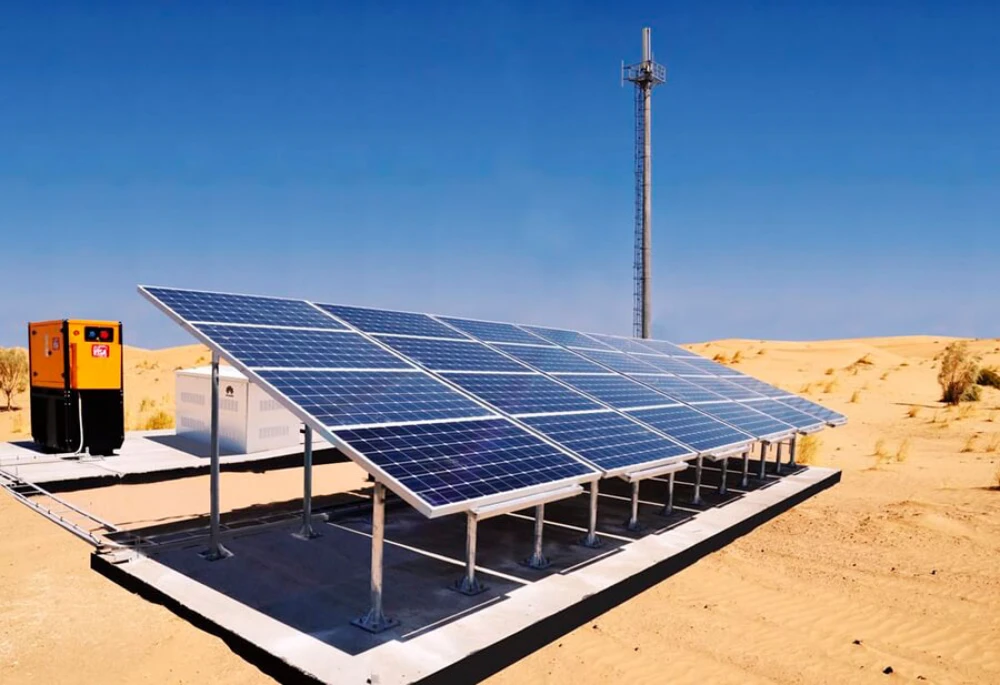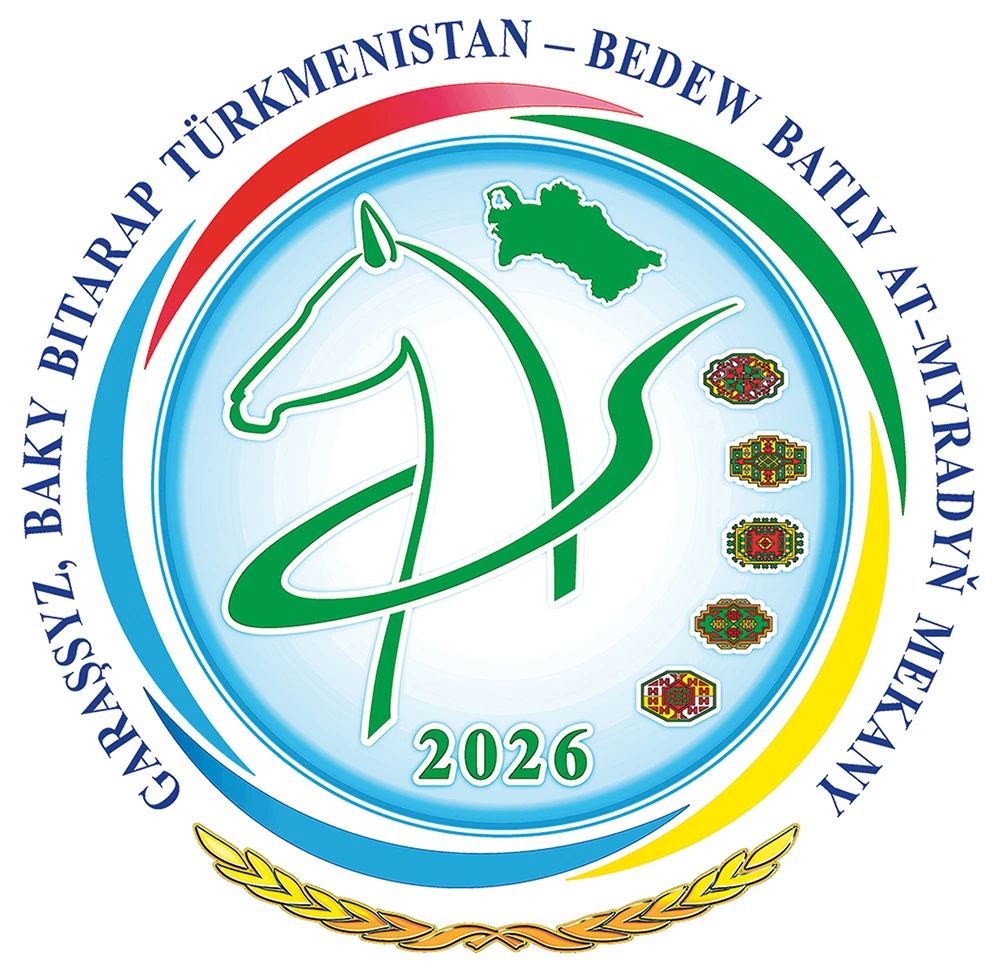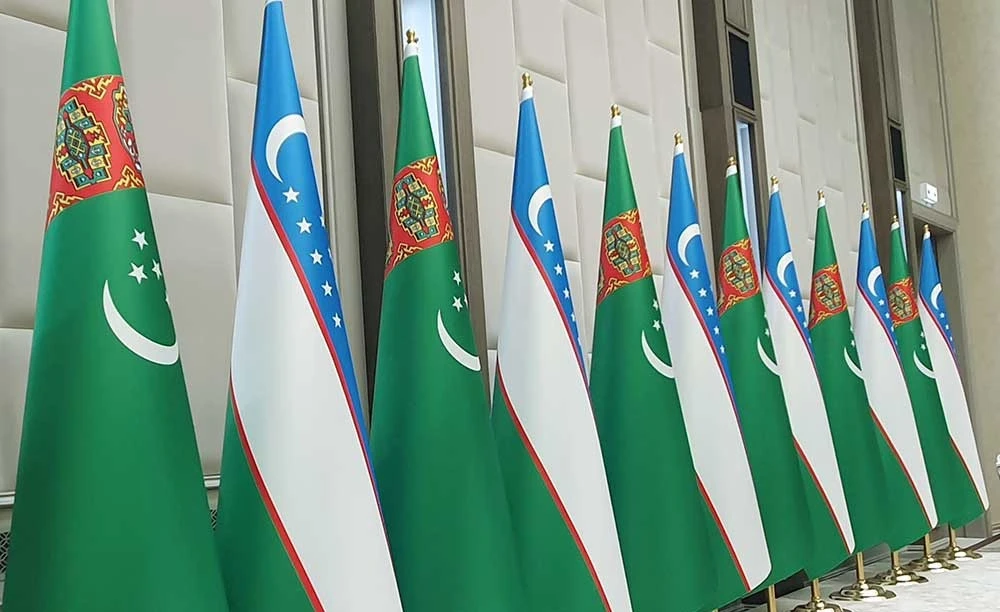
1753
TURKMENISTAN’S ENVIRONMENTAL POLICY AND GREEN ENERGY OPPORTUNITIES
Turkmenistan is taking bold steps to align its environmental policy with global sustainability goals, focusing on green energy as a key driver of economic modernization and climate resilience.
Turkmenistan, rich in natural gas reserves and located at the heart of Central Asia, is undergoing a significant transformation in its approach to environmental sustainability. Historically reliant on fossil fuels, the country is now embracing green energy and environmental reforms to meet its international climate commitments and diversify its economy. Turkmenistan’s environmental policy has gained momentum in recent years, driven by the need to reduce greenhouse gas emissions and mitigate climate change. The government has prioritized environmental considerations in major infrastructure and energy projects, aligning with the goals of the Paris Agreement and the Global Methane Pledge.
One of the key pillars of this policy is the National Strategy for the Development of Renewable Energy until 2030, which outlines a roadmap for transitioning to cleaner energy sources. The strategy emphasizes the importance of reducing methane emissions-particularly from the oil and gas sector, which accounts for over 86% of the country’s greenhouse gas output. By upgrading outdated infrastructure and improving energy efficiency, Turkmenistan aims to lower its carbon footprint while boosting economic productivity.
In March 2021, Turkmenistan enacted the Law on Renewable Energy Sources, establishing a legal foundation for the development and integration of green energy technologies. This law supports the construction of renewable energy facilities, encourages investment in solar and wind power, and promotes research into sustainable energy solutions. The government has also partnered with international organizations such as the United Nations, UNECE (United Nations economic commission for Europe), UNDP, and the Asian Development Bank to strengthen its institutional capacity and access green financing. These collaborations have led to the creation of a Regional Center for Climate Technologies in Central Asia, and the launch of a UN Joint Programme on Green Energy Transition.
Turkmenistan’s geographic and climatic conditions offer immense potential for solar and wind energy development. With over 300 sunny days per year and 12–14 hours of daylight, solar energy is particularly promising.
These renewable projects are not only environmentally beneficial but also economically strategic. They help reduce reliance on fossil fuels, increase electricity exports, and create new jobs in the clean energy sector. Moreover, they contribute to public health by lowering air pollution and promoting cleaner cooking technologies-already accessible to 99.8% of the population.
Turkmenistan is also investing in regional energy interconnectivity to support its green transition. Projects like the Trans-Caspian Pipeline (TCP) and the Turkmenistan-Afghanistan-Pakistan-India (TAPI) gas pipeline aim to diversify export routes and enhance energy system flexibility. Upgrading the United Energy System of Central Asia will reduce transmission losses and improve efficiency, enabling Turkmenistan to integrate more renewable sources into its grid.
Despite these promising developments, Turkmenistan faces challenges in scaling up its green energy initiatives. The dominance of natural gas in its energy mix, limited private sector involvement, and the need for advanced technologies pose hurdles to rapid transformation. However, with continued international support and strong political will, the country is well-positioned to become a regional leader in sustainable energy.
Turkmenistan’s environmental policy and green energy opportunities reflect a growing commitment to sustainable development. By investing in solar and wind power, reforming its energy sector, and collaborating with global partners, the country is paving the way for a cleaner, more resilient future. As these initiatives gain traction, Turkmenistan stands to benefit not only environmentally but also economically and socially.
HATYJA BAYRAMGELDIYEVA,
the 3rd year student of the Faculty of International Relations
of the Institute of International Relations
of the Ministry of Foreign Affairs of Turkmenistan.


